What sort of personality tends to be drained of energy more quickly than others?
- Haulwen Nicholas

- Jan 2, 2024
- 2 min read

What sort of personality types tend to be drained of energy more quickly than others?
Individual preferences vary greatly, so there is no one personality that is drained of energy more than another, it does depend on the environment they are in. For example, the majority of people tend to lean towards either extroversion, deriving their energy from the external world, or introversion, drawing their energy from the internal world. There exists a spectrum within these personality traits, and as we age, we can adapt and exhibit qualities of an ambivert, falling somewhere between the two extremes. Nevertheless, most individuals typically favour one over the other.
In Western society, extroversion is predominantly promoted. The environment is often characterised by noise, early encouragement to socialise and interact with others, and solitary pursuits being considered inappropriate. People are encouraged to speak up, respond quickly, and work in open-plan offices.
For individuals who lean towards introversion, this societal environment can be particularly draining. They require ample alone time to recharge their batteries. Often, they face criticism in school and at work for not being more outspoken, for being too quiet, or for not socialising more, even though these activities can be exhausting for them.
However, there are jobs, roles, and circumstances that are more suited to introverts, where extroverts might feel drained due to a lack of external stimulation. This became evident during the pandemic when many extroverts found themselves working from home. While they could participate in video calls, the absence of physical interaction and the quiet environment depleted their energy. In contrast, introverts were often happier and more productive when working from home, as they had fewer distractions and less noise to contend with.
However, our personalities are far more nuanced than simply extroverted or introverted. Personality types primarily reflect our preferences. For example, an introvert can thoroughly enjoy socialising with a single person they connect with, or they can speak passionately for hours to a large crowd. The key difference lies in how they feel afterward; introverts tend to feel drained and need to rest, whereas extroverts tend to leave such interactions feeling energised. Introverts often find small talk exhausting, while extroverts tend to find it invigorating.
Furthermore, our personalities encompass various attributes, such as our approach to planning and organising our lives and this can impact our energy levels too. Some individuals prefer last-minute spontaneity, deriving a rush of energy from completing tasks with only hours to spare, while others prefer a methodical, step-by-step approach over time. The latter group may find last-minute activities exhausting. For instance, someone who prefers organisation and planning would likely book their holiday well in advance, planning each day meticulously. Conversely, a last-minute enthusiast may find such rigid plans stifling, even though societal norms may encourage them to do so.
In essence, our personalities are a complex interplay of numerous traits that make each of us unique. Recognising and understanding these preferences can be invaluable in identifying activities that energise or deplete us. It's possible to train ourselves to engage in certain activities to expand our comfort zones, but it's crucial to do so gradually, avoiding overextension that could lead to burnout.










Comments